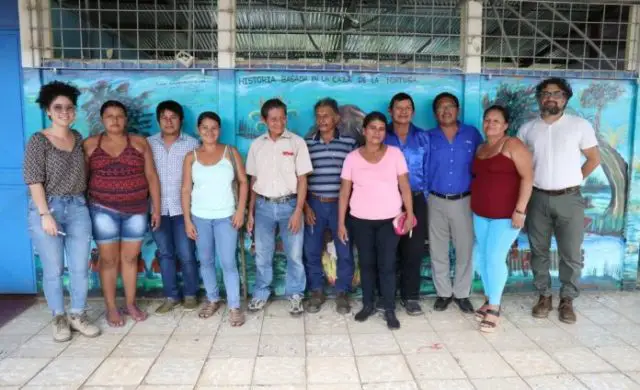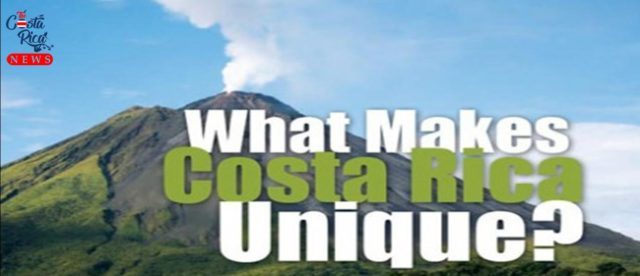Last Saturday, the indigenous territory of Maleku formed, in an open assembly, its Territorial Instance for Indigenous Consultation (ITCI). 7 proprietary members and alternates from the different communities of the indigenous territory of Maleku were appointed, including Palenque El Sol, Palenque Margarita, and Palenque Tonjibe.

The Maleku Instance is the 5th instance that is made up of the 22 territories that built the Indigenous Consultation Mechanism, through this Mechanism the right to give free, prior and informed consent, derived from the Agreement 169 of the International Labor Organization (ILO).
In recent years, several public institutions have carried out consultation processes to promote public policies. The fact that the country does not have a national consultation mechanism has not been an impediment for the Ministry of Culture and Youth (MCJ) and the Ministry of Public Education (MEP) to have carried out national consultation processes, or for the Costa Rican Institute of Aqueducts and Sewers (AyA) launched a consultation process in the Indigenous Territory of Térraba.
Consultation on the National Cultural Rights Policy and the General Law on Cultural Rights
Between 2012 and 2013, the MCJ carried out a consultation process with the 24 indigenous territories of Costa Rica. The objective of the consultation was the elaboration of the National Cultural Rights Policy and the proposal of a draft General Law on Cultural Rights. The process was organized in 4 stages: I. Previous information stage II. Consultation stage on the consultation itself III. Consultation stage IV. The National Indigenous Forum.
In the previous information stage, a coordinating team was created, composed of indigenous representatives, consultants and public officials who were in charge of the design of the participation process, information materials, and the methodological proposal of the process. The consultation stage on the consultation was based on joint construction based on generating questions.
Once the 24 indigenous territories defined their mode of participation in the process, the MCJ visited the territories to present the initiative. At that time, they were asked about the interest to participate, the document with the generating questions was delivered, the form, the needs and the time it would take for each territory to answer those questions, and agreed the form how the MCJ would collect such information.

